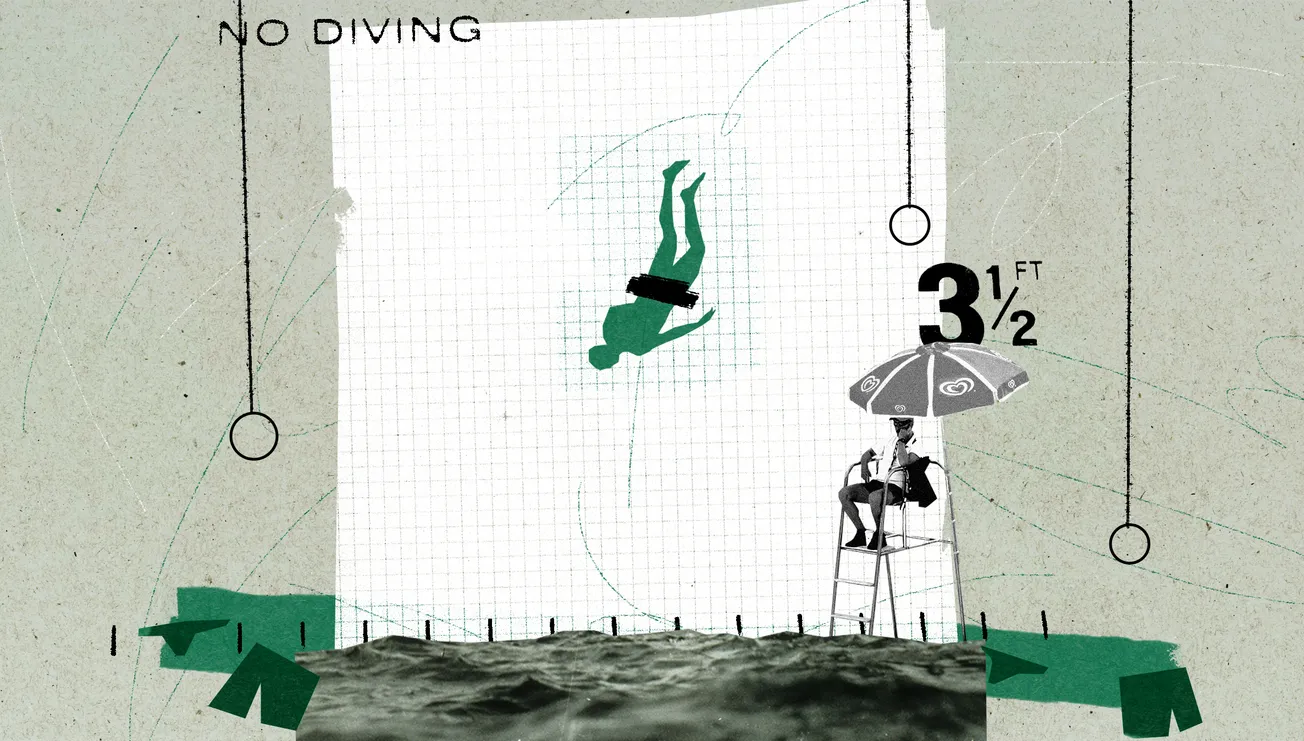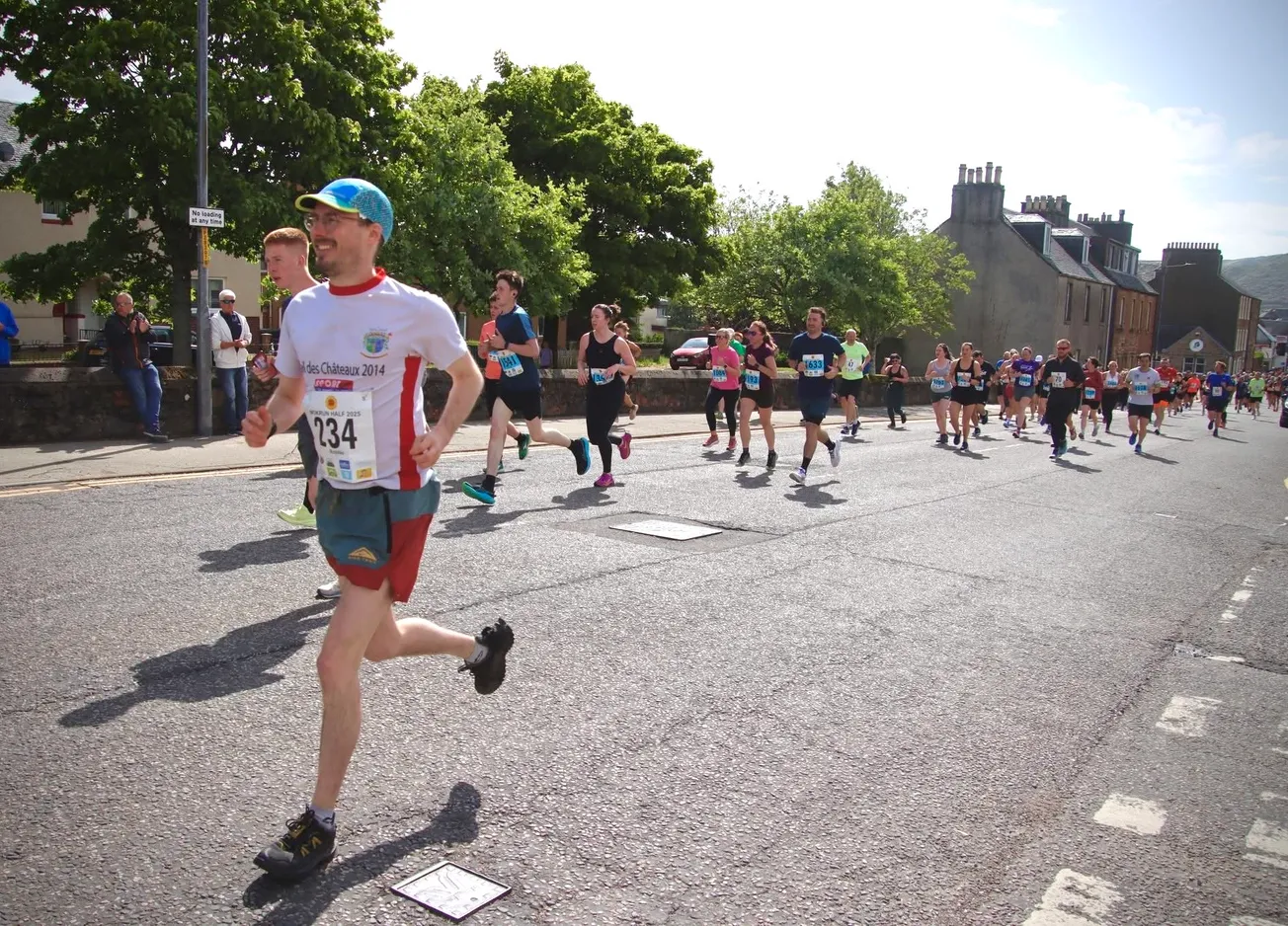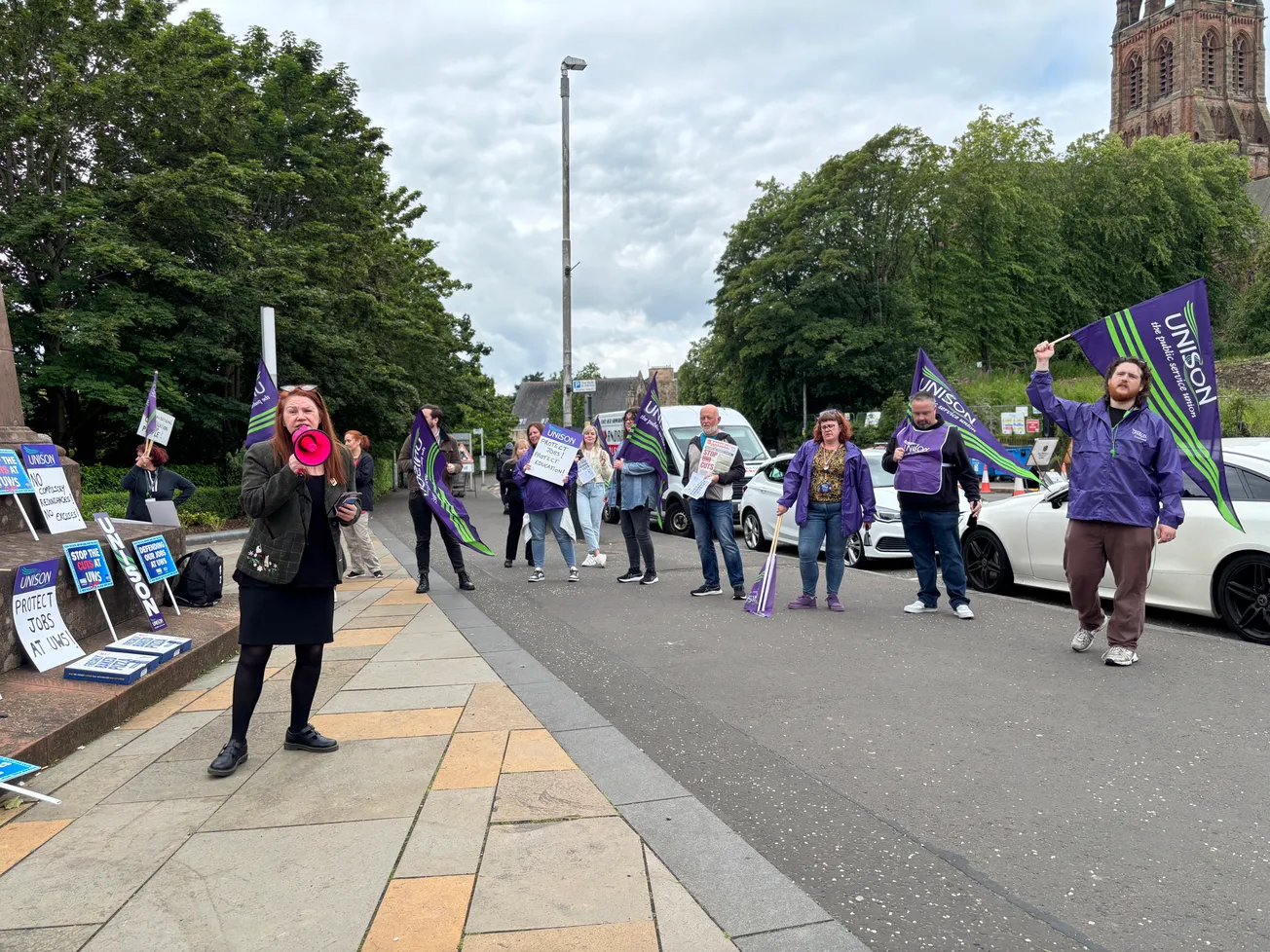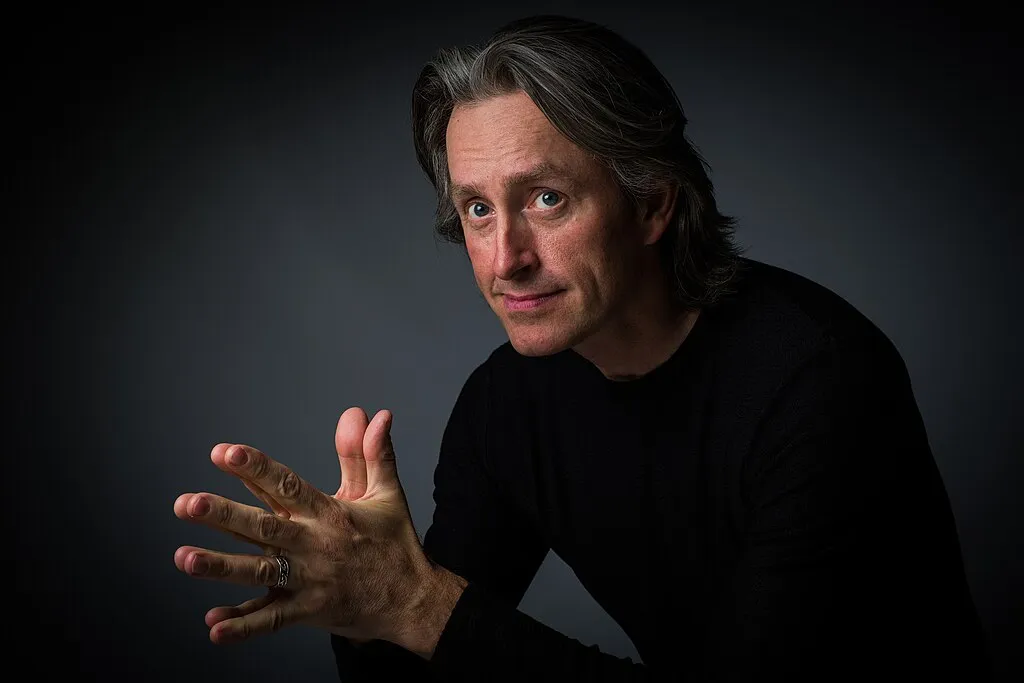At the end of a quiet residential street in the Charing Cross neighbourhood sits an iconic Glasgow landmark: the Arlington Baths. When it opened in 1871, it was the city’s first baths club, and over the decades, many volunteers have helped document its history. Today, the A-listed building is registered as a non-profit Community Amateur Sports Club, with 1,400 members who make use of its sky-lit pool equipped with Victorian features like a trapeze and flying rings, Turkish suite and sauna.
In the Arlington’s earliest days, attendees swam in knickerbockers (in other words, basically fully clothed), but for nearly a decade now, people have queued up at the baths on Sundays for what has been one of its most popular events, the naked swim. In 2015, a group of Scottish naturists persuaded the Arlington to let them host a naked swimming event there, and around 50 to 70 people attend each week. One attendee, seated in the lobby before the swim began one Sunday evening in October, told me how the event has boosted her body confidence. “Obviously everybody else is naked, and all different ages, shapes and sizes,” she says. Another, a teacher, says he loves bringing new friends to try it out — and indeed, one was sitting beside him, looking excited and far too nervous to talk to me.
I initially set out to do a simple profile of the Arlington’s naked swim. But as I began researching, a more complicated story emerged, of an event caught up in a wider cultural shift, involving ‘paedophile hunters’ and allegations of endangering children, with a founder iced out as a result.
How did this event, viewed by many as a showcase of Glasgow’s progressive culture and openness to different communities, become the centre of controversy? And what does the story reveal about the tension between trust and suspicion in modern society?
Under the surface
On a drizzly October afternoon, I meet Mark (a pseudonym), one of the original founders of the swim in the Glad Cafe in Shawlands. Mark, a retired staff member of Glasgow City Council’s social work department, has participated in and organised naturist events for years, having enjoyed the sense of freedom he’d found on nudist beaches in Europe. “In our society, there’s almost an unbreakable link between nudity and sexuality, and there doesn’t need to be,” he says. He believes people should be able to experience naturism in a non-sexual environment with family and friends.
Comments
How to comment:
If you are already a member,
click here to sign in
and leave a comment.
If you aren't a member,
sign up here
to be able to leave a comment.
To add your photo, click here to create a profile on Gravatar.






